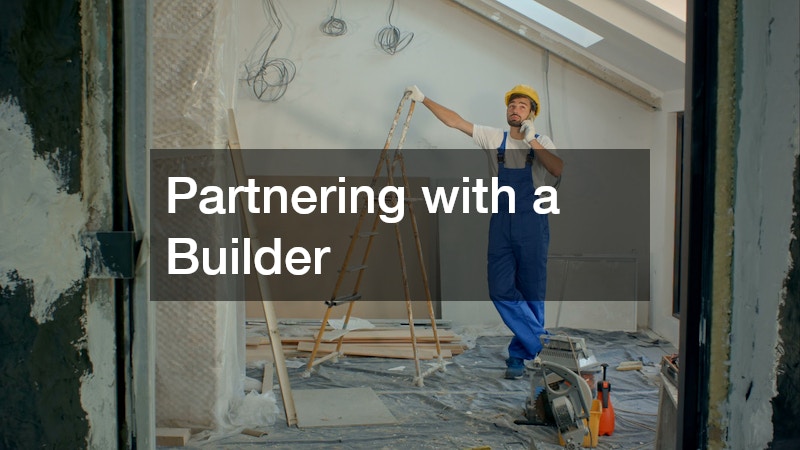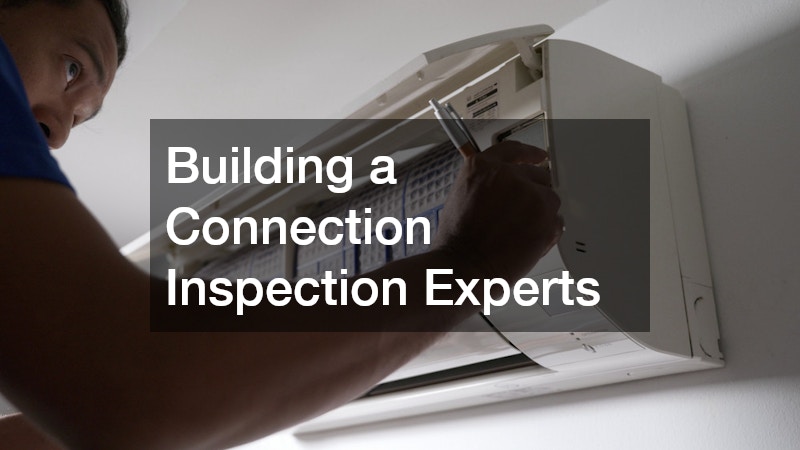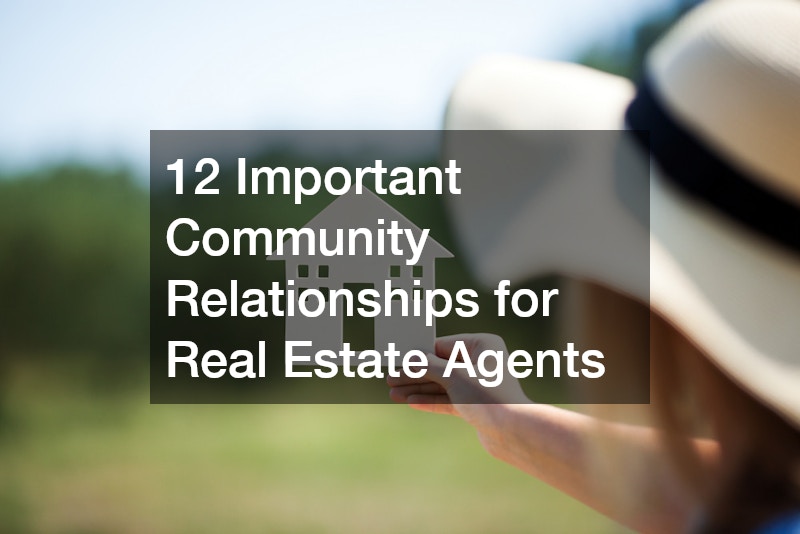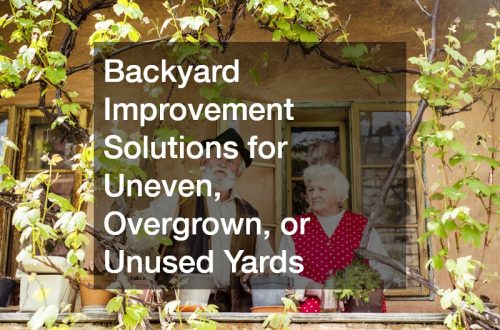Real estate is a highly interpersonal industry, where success often hinges on the quality of local connections and networking. For real estate agents, building community relationships is essential—not just to generate leads, but to cultivate trust, authority, and long-term referrals. These relationships extend far beyond just knowing local buyers and sellers. Real estate professionals benefit immensely from forging strong bonds with service providers, contractors, municipal departments, and other local businesses. Each of these connections contributes to a well-rounded and resourceful approach that clients appreciate and rely upon.
Establishing meaningful community relationships helps agents stay well-informed on neighborhood developments, local market trends, and upcoming construction projects. It also equips them with a reliable roster of professionals to recommend for home improvements, repairs, and emergency services—thus positioning the agent as a truly helpful resource. Whether a homeowner needs a tree cutting service or is seeking advice on property improvements, a real estate agent connected to the right professionals adds value to every transaction.
Moreover, these relationships foster goodwill in the community. Agents who actively support local businesses, recommend trusted service providers, and participate in neighborhood events build a reputation that often results in repeat clients and enthusiastic referrals. In competitive markets, trust and familiarity are major differentiators.
This blog will explore 12 key community relationships that every real estate agent should develop. Each section will focus on one specific relationship, describe how it benefits the agent and their clients, and highlight a relevant business type such as drywall repair or fence companies. By the end of this guide, real estate agents will have a clearer understanding of how to embed themselves into the fabric of their neighborhoods and boost their long-term success.
1. Partnering with a Builder

One of the most strategic community relationships a real estate agent can form is with a new home builder. These professionals are directly tied to the local housing inventory and often have early insight into upcoming developments, zoning changes, and design trends. Agents can benefit from exclusive access to new listings before they hit the general market, offering a competitive advantage.
By building a relationship with a new home builder, real estate professionals position themselves as go-to agents for clients seeking modern, energy-efficient properties. Additionally, agents can provide valuable client feedback to builders, enhancing property features and layouts based on real-world buyer preferences.
This partnership also benefits clients who are looking for move-in-ready homes or customizable new builds. An agent who maintains strong community relationships with builders can facilitate smoother transactions and connect clients to quality construction teams. These relationships also open the door for joint marketing opportunities such as open houses, model home tours, or co-branded advertisements.
Ultimately, this relationship enriches an agent’s offerings and strengthens their standing in the community.
2. Connecting with Door Providers
For agents working in regions prone to severe weather, such as hurricanes, forming a relationship with a hurricane doors supplier is more than just practical—it’s essential. These specialists can help homeowners make their properties safer and more compliant with local building codes.
Real estate agents who refer clients to trusted providers of hurricane doors demonstrate a commitment to safety and long-term value. When an agent includes weather-resistant features in the selling points of a property, it’s a significant advantage that appeals to buyers. This makes hurricane door suppliers a critical part of the agent’s network of community relationships.
Additionally, these relationships provide agents with insights into available tax credits, financing options, and permit requirements for hurricane-resistant home upgrades. Being able to relay this knowledge helps agents stand out as informed, proactive, and protective of their clients’ best interests.
In competitive markets, highlighting hurricane safety features can speed up sales and even increase a property’s appraisal value.
3. Collaborating with Tree Services
Maintaining curb appeal is a vital part of the home selling process, and overgrown trees or hazardous limbs can quickly turn potential buyers away. That’s why agents benefit greatly from forming strong relationships with local tree cutting service providers.
These community relationships help agents offer quick solutions when a property needs visual enhancements or when a tree poses a risk during storms. A fast referral to a trusted service provider means the property gets back on the market quicker and sells faster.
Moreover, tree cutting professionals can provide insights into city ordinances regarding protected trees or trimming guidelines—valuable information that helps agents and homeowners avoid fines or delays. Real estate agents can even partner with tree services for curb appeal consultation days or pre-listing landscaping walkthroughs.
Such a relationship demonstrates professionalism, preparedness, and a strong community network.
4. Teaming Up with Fences

Privacy and security are top priorities for many homebuyers, and a well-installed fence can make a property significantly more appealing. Building a rapport with local fence companies allows agents to offer trusted recommendations when clients are considering property enhancements.
Whether clients need repairs, upgrades, or a brand-new installation, a referral from a well-connected agent saves time and ensures quality. These community relationships are particularly useful when dealing with properties that back onto busy roads or commercial spaces—where fencing provides both functional and aesthetic value.
Agents who stay up to date with local fencing trends and pricing can also offer guidance on ROI for these types of upgrades. Collaborations with fence companies might even include discounts for referrals or inclusion in home improvement seminars.
Such partnerships contribute to the agent’s role as a comprehensive advisor, not just a salesperson.
5. Networking with Drywall Professionals
Before a property is listed, walls and ceilings must be pristine. Scuffs, holes, or water damage can derail an otherwise attractive home tour. That’s why every real estate agent should have a go-to contact for drywall repair.
This community relationship ensures agents can respond quickly when a home needs last-minute touch-ups. It also gives agents a reliable option for buyers looking to renovate post-purchase. A clean, polished interior goes a long way in attracting offers, and drywall professionals can make that possible on a tight timeline.
Agents with this connection can offer bundled service referrals, perhaps pairing drywall repair with painting services. This creates a hassle-free experience for clients and showcases the agent’s value beyond just buying and selling.
Moreover, these pros often uncover hidden damage—helping agents and clients catch issues before they become deal-breakers.
6. Engaging with Chambers and Associations
Not all important community relationships are with contractors or service providers. Membership in local business associations and chambers of commerce gives real estate agents exposure to a broader range of influencers and collaborators.
Being active in these groups allows agents to stay informed about upcoming events, legislative changes, or economic development projects. It also positions them as involved community members, which builds trust with potential clients.
Networking at chamber events can result in leads, partnerships, and speaking opportunities. These platforms allow agents to promote themselves while learning from other business owners. By investing time in local groups, agents can amplify their brand visibility and community standing.
7. Building a Connection Inspection Experts

In older homes or colder climates, a working fireplace is a sought-after feature. But with that charm comes responsibility. Forming a relationship with professionals offering chimney inspections is a smart move for any agent.
These inspections ensure the home is safe and up to code—critical factors during a sale. Agents who can swiftly connect sellers or buyers to inspection services save time and foster peace of mind.
Having this community relationship also helps agents identify hidden problems early. This can prevent renegotiations or failed inspections later in the process. Educating clients about chimney care and safety adds another layer of service that buyers appreciate.
Whether it’s for pre-listing evaluations or routine maintenance, this connection builds credibility
8. Partnering with HVAC
Indoor comfort is a non-negotiable for most homebuyers, especially in regions with extreme climates. That’s why real estate agents benefit from strong ties with AC services companies.
This community relationship allows agents to coordinate inspections, repairs, or replacements before homes are listed. It’s also helpful for buyers seeking post-purchase improvements.
An AC expert can provide valuable documentation showing system condition, recent maintenance, or energy efficiency ratings—key selling points in modern real estate. Agents who maintain this connection show a proactive approach that builds client confidence.
In competitive markets, even minor AC issues can cost a sale. Having an expert on call can be a game-changer.
9. Referring Trusted Restoration Services
Whether due to fire, flood, or mold, some properties need serious remediation before they can be safely listed. A solid connection with a home restoration service ensures agents can help clients recover quickly and effectively.
This community relationship proves invaluable during emergencies. It also allows agents to handle sensitive situations with compassion and professionalism.
Restoration experts often uncover structural issues that impact pricing or safety. Having them involved early ensures better planning and fewer surprises.
Moreover, agents who offer this resource become known as reliable, problem-solving professionals. It’s a reputation that attracts more clients.
10. Collaborating with Nonprofits and Schools

One of the most underestimated yet valuable community relationships agents can build is with local nonprofits and schools. These institutions offer both goodwill and networking potential.
Agents can sponsor events, volunteer, or offer real estate workshops for teachers and staff. These efforts generate positive word-of-mouth and embed the agent in the community.
In return, schools and nonprofits often provide access to their network of families, donors, and volunteers—many of whom may be seeking new homes. Aligning with respected institutions enhances an agent’s reputation and expands their sphere of influence.
This approach emphasizes community-building over hard selling, which often yields stronger long-term connections.
11. Working with Hardscapers
Outdoor living spaces have become a major selling point in modern real estate. Agents who partner with hardscaping contractors can help clients maximize property appeal with patios, fire pits, or walkways.
These community relationships support pre-listing improvements that increase property value. They also provide helpful resources for buyers wanting to customize their new homes.
Hardscaping upgrades often yield high returns, and agents who understand this can better advise their clients. Joint promotions or open house staging events can further strengthen this partnership.
12. Building a Network with Plumbers
Few things derail a real estate transaction faster than plumbing problems. That’s why maintaining a connection with a reliable plumbing services provider is non-negotiable.
This community relationship ensures that agents can swiftly address issues like leaks, inspections, or water heater replacements. It also supports buyers looking to upgrade or maintain their systems post-sale.
Plumbing professionals can also assist with pre-listing evaluations, helping sellers fix minor issues before they become deal-breakers. Their reports offer transparency and confidence to all parties involved.
Agents who offer trusted referrals show their value as advisors, not just transaction facilitators. This builds loyalty and enhances long-term business prospects.
In the dynamic world of real estate, relationships are everything. While market knowledge and negotiation skills are important, it’s often the agent’s community relationships that make the biggest difference in client satisfaction and business growth. Each connection—from a new home builder to a plumbing services provider—enhances the agent’s ability to offer full-service, trusted advice to buyers and sellers.
These relationships position agents as knowledgeable, helpful, and deeply embedded in their local areas. When clients see that their real estate agent can recommend a home restoration service, a tree cutting service, or connect them to local nonprofits and events, it fosters a sense of security and trust. This trust translates into repeat business, referrals, and a stellar reputation.
Forming meaningful partnerships also supports local economies, strengthens brand identity, and makes real estate agents true stewards of their communities. In the long run, it’s these deep-rooted ties that separate great agents from average ones.
Real estate agents who prioritize and nurture their community relationships not only stand out—they thrive. By focusing on these 12 essential partnerships, agents position themselves as indispensable assets to both their clients and their neighborhoods.
Establishing meaningful community relationships isn’t just a marketing tactic—it’s a long-term investment in your real estate career. As an agent, being known as a trusted connector who can recommend reliable professionals for everything from plumbing services to home restoration builds your credibility and strengthens your client relationships. These local partnerships not only make you more resourceful but also more respected within the community. When clients know they can come to you for more than just buying or selling a home, you become an indispensable part of their journey.
Every interaction you have with a new home builder, fence company, or AC service provider is a chance to deepen your network and offer even greater value. In today’s competitive real estate market, success belongs to those who think beyond the transaction. By embedding yourself in the local ecosystem and fostering genuine relationships with service providers, contractors, and other community members, you ensure that your business is rooted in trust and reliability. So take the extra time to make those introductions, attend local events, and support nearby businesses—it all circles back to your success. In the end, strong community relationships aren’t just beneficial—they’re essential.





